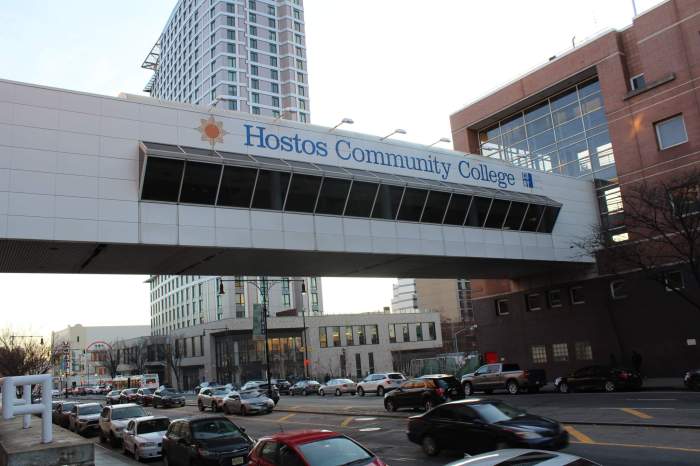Supreme Courts in two states keep gay marriage amendments on November 2 ballot
In rulings that each drew sharp dissents, the supreme courts of Ohio and Georgia both ruled this week that state constitutional amendments that would ban same-sex marriage can appear on next week’s ballot.
In Ohio, Justice Paul E. Pfeifer issued an outraged dissent in a 6-1 ruling on October 21 that rejected an attempt to keep the Ohio “Marriage Protection Amendment” off the ballot. The court wrapped its decision in a fog of procedural trivia and avoided addressing serious violations of law by the Republican secretary of state, J. Kenneth Blackwell, and the amendment’s proponents.
The majority’s approach was so outrageous that it drew unusually strong language from Pfeifer in his dissent. After labeling as “implausible” the chief argument that the court used to evade dealing with serious objections to the process, Pfeifer wrote, “This court is essentially giving the Secretary of State a free pass to ignore clear statutes and to use tactics of delay to achieve a result in which he has a blatant political interest… Three cheers for judicial indifference.”
What drew Pfeifer’s ire was the court’s conclusion that the challenge would have to have been filed at least 40 days prior to the election to be valid. He noted that Blackwell seems to have deliberately stalled at a key point in the process to make sure that the appeal would be too late to be considered.
This should not be surprising to anybody who has been following the saga of Blackwell’s attempts to tilt Ohio, a swing state, into Pres. George Bush’s column by doing anything possible to suppress the urban minority vote and enhance turnout among religious conservatives, including instructions sent to local election officials, later withdrawn, to reject many of the extraordinary number of new registrations, many in city neighborhoods, based on a hyper-technical interpretation of the voting law based in part on the paper stock used on the applications.
On the marriage amendment, Blackwell “overlooked” clear requirements of Ohio law in finding that the measure qualified for the ballot. Most importantly, he approved of voter petition forms that did not include, as required by law, not only the text of the amendment, but also the official summary approved by his office. Blackwell rejected challenges to petitions circulated before the summary was approved and even accepted such incomplete petitions when they were used in the short window amendment proponents were given after it was initially found they had failed to collect sufficient signatures. The secretary of state’s final ruling on the second round of petitions came just after the date on which any challenges would fall within the prohibited 40-day period.
“It is a seductively easy slide from the golden fortress of judicial restraint to the desolate valley of judicial indifference,” Pfeifer commented.
Pfeifer stressed the critical importance of the official summary, pointing out that the amendment’s ambiguous language could well prohibit not only same-sex marriage, but also civil unions and other domestic partnership arrangements, which currently provide benefits for state university employees and some municipal workers in Ohio.
“Whether the Secretary of State’s overt political interest in the passage of the proposed amendment influenced his decision is unknowable; the perception of influence is undeniable,” Pfeifer concluded.
The rest of the court, perhaps shamed by Pfeifer’s comments, decided to hide their opinion behind the shield of “per curiam,” meaning “by the court,” rather than attribute the pages of procedural obfuscation to any one judge.
In Georgia, a sharply divided Supreme Court ruled on October 26 that the state courts did not have jurisdiction to decide on the constitutionality of the amendment there prior to the vote on November 2.
The court challenge to that amendment centered on opponents’ contention that it unconstitutionally violated the state’s “single subject” requirement for amendments.
A majority of the court joined an opinion by Justice George H. Carley. Justice Leah Ward Sears wrote a sharp dissenting opinion, joined by Justice Robert Benham.
Opponents of the Georgia amendment pointed out that it raises several different policy questions. It would prohibit same-sex marriages and apparently bar other legal forms of recognition for same-sex unions, though to what extent is unclear. It would also make it impossible for same-sex unions established elsewhere to be dissolved in Georgia and bar the courts from ruling on the rights of such couples.
Under the Georgia Constitution, proposed amendments presented to the voters must relate to only one subject, to avoid putting voters in the position of having to vote for something they personally reject in order to get something they want.
The amendment was approved by super-majorities in the state Legislature in March, but the lawsuit challenging its validity under the single subject rule was not filed until September 16 in Atlanta.
A majority of the Supreme Court agreed with the trial court that, like a law being considered in the Legislature, the constitutionality of amendments put before voters cannot be challenged prior to a vote, due to the principle of separation of powers. Justice Carley, whose opinion was based on this argument, was careful to avoid expressing any view about whether the proposed amendment would be vulnerable to attack if approved by voters.
In contrast, three members of the court thought that the Georgia courts do have jurisdiction to keep a proposed amendment off the ballot if it violates the single subject rule. In a dissenting opinion for herself and Justice Benham, Presiding Justice Sears wrote at length about how challenges under the single subject rule were different, and required different treatment, from challenges contending that a proposed amendment has substantive constitutional defects. Here, she wrote, the problem was one of complying with a state constitutional mandate to avoid confronting voters with the dilemma of having to give a simple yes or no vote on amendments involving more than one question.
Sears accused the court of failing “in its duty to protect Georgia voters from coercion and fraud,” and argued that the case should be immediately sent back to the trial court for a quick determination of whether the proposed amendment violates the single subject rule.
In a separate opinion, Justice Carol W. Hunstein agreed with the main points of Sears’ argument, but felt that the case was before the court too late to do anything.


































